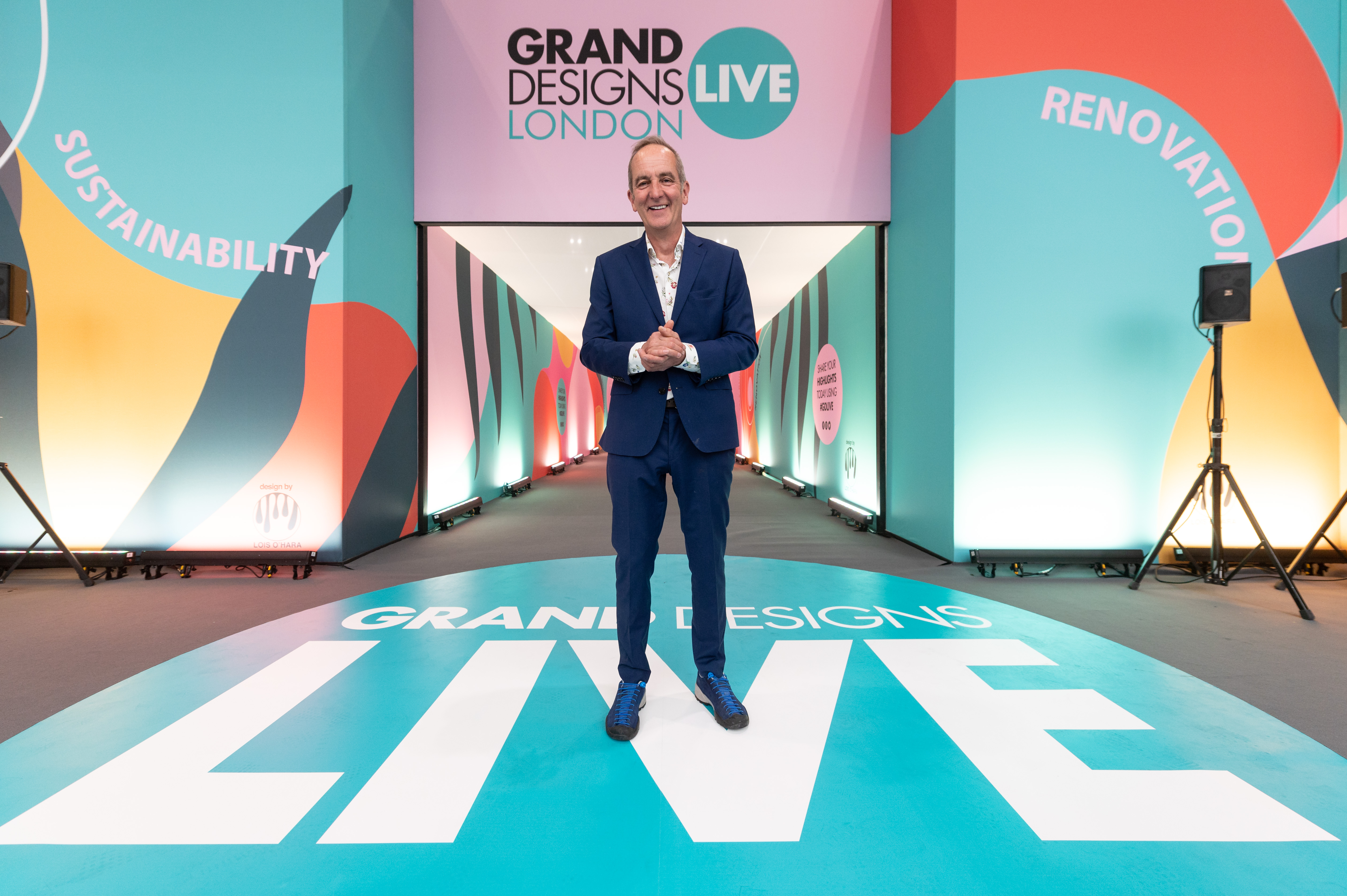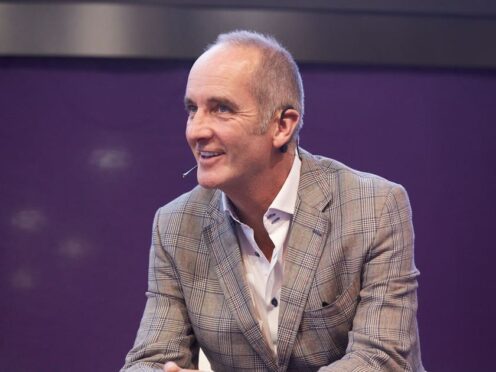Television presenter Kevin McCloud has criticised the “broken and dysfunctional” UK property market which he said is monopolised by big housebuilders demanding large profits.
The Grand Designs presenter and designer said Britain is falling behind other European countries such as Germany and Sweden when it comes to housing development.
“If I were the housing minister I’d be looking at ways to break this monopoly that two or three companies have over the market,” Mr McCloud told the PA news agency.
A lack of competition between developers is stifling quality and innovation and means the market is more sensitive to downturns, he argued.
“We have effectively a broken market, a dysfunctional market, it has been hollowed out,” the television star told PA.
“It means that when we hit difficulty, those companies nosedive and they buy each other out.
“If, like Germany, we had a really resilient market with thousands of medium-sized companies, you’d find a general ability to flex and respond in a way that is not motivated by panic.”
His comments come after two of the country’s biggest developers, Barratt Developments and Redrow, announced a tie-up worth £2.5 billion in February.
The deal is being investigated by the UK’s competition watchdog to see whether there are any concerns it could significantly reduce competition in the sector.
Mr McCloud said on the deal: “Why on earth a company should be allowed to turn over an amount of money equivalent to the GDP (gross domestic product) of a small nation, I don’t know. That seems to flout some competition laws.”

The presenter was speaking ahead of the Grand Designs Live premier home exhibition, which kicks off at the ExCel venue in London in May, and heads to Birmingham in October.
He warned that the UK housing market has worsened in recent years.
“Fifteen years ago, we led the world in the standards we were applying to construction and driving towards net zero. We were winning the race,” he told PA.
“We are now last – we are in such a dreadful position, and all that happened in that time is that our housing industry has got worse and worse, and the level of skill has drained out of construction.”
He said the Brexit referendum had a big impact on the construction industry, which relies considerably on overseas workers and has grappled with labour shortages.
“With Brexit, we saw a lot of people disappear back to other European homes. They were really supporting and masking the lack of skilled trade in the UK, because we had so many foreign workers here who were really skilled.”
The UK’s construction industry has faced challenges in recent months, with residential housebuilding in particular feeling the knock-on effect of higher interest rates gripping the housing market.
Builders have also grappled with tougher economic conditions, including rising prices, weaker demand and disruption in their supply chains.
But there have been early signs of the dial starting to turn, with the sector returning to growth in March after a six-month slump, according to the latest S&P Global construction survey.
